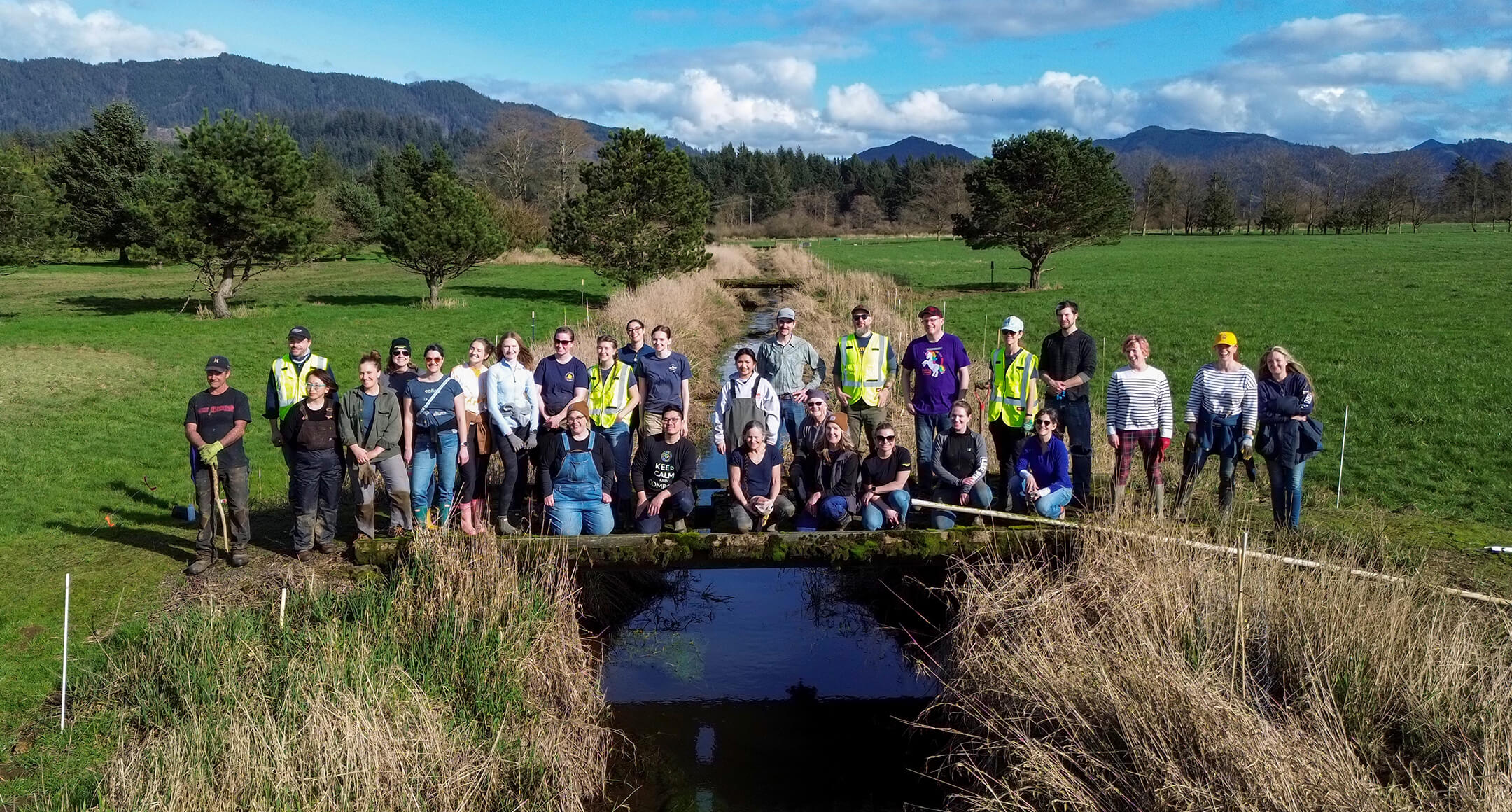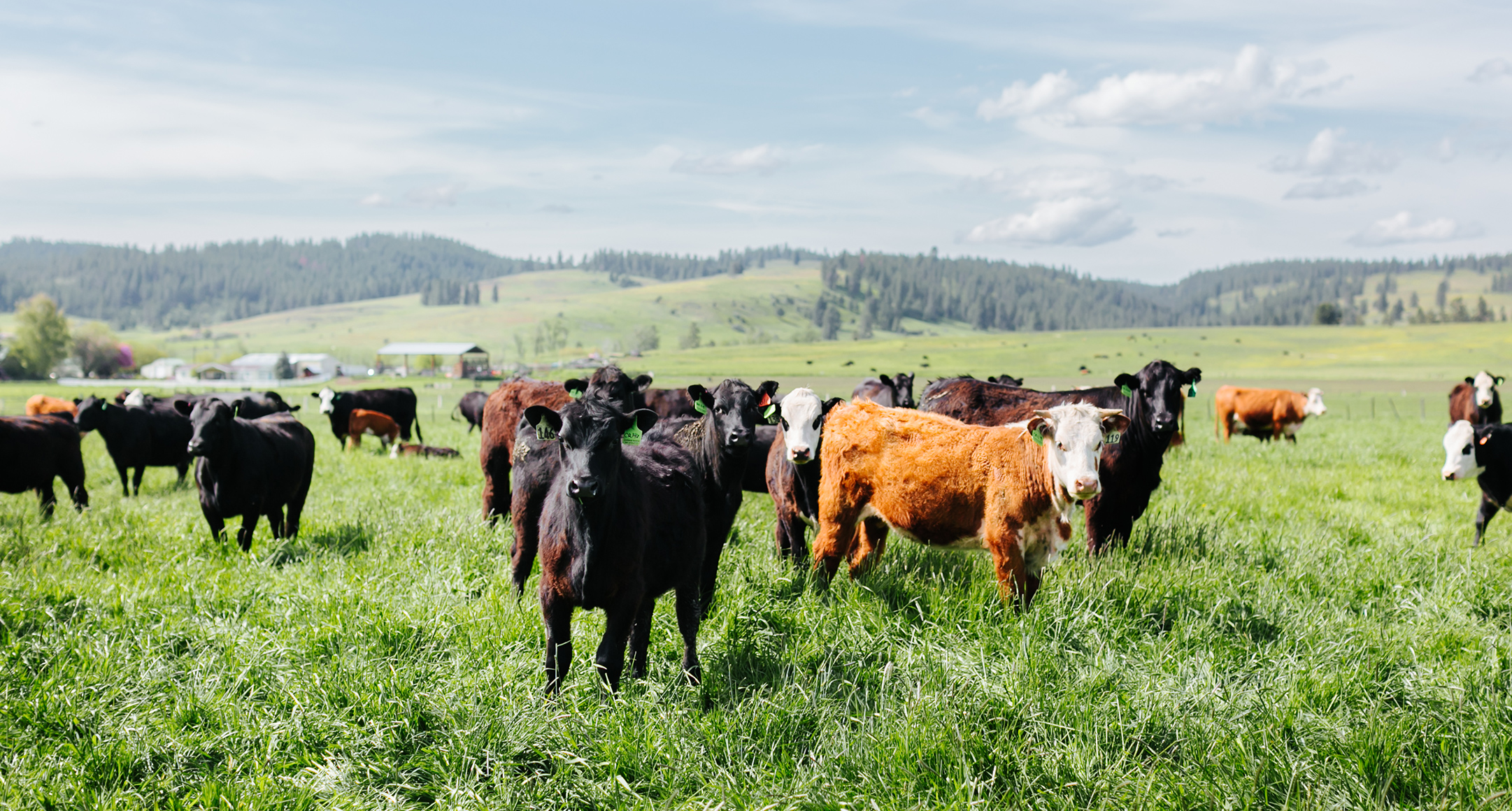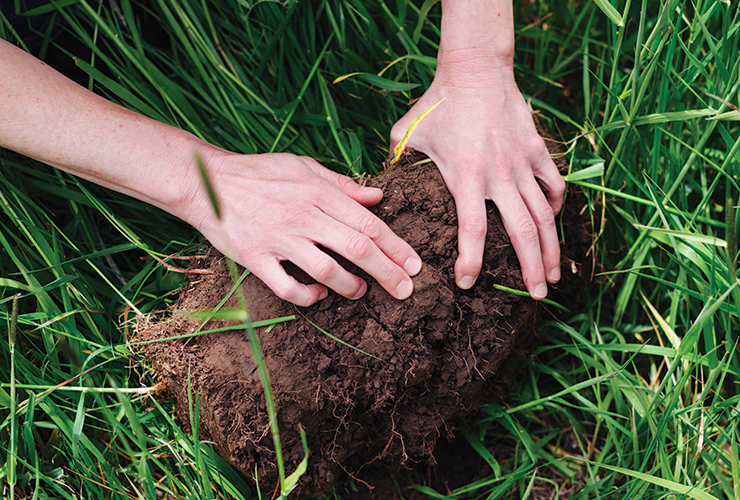Taking action against climate change is necessary for the health of our food systems and the planet. See what we're doing at New Seasons to reduce our operational and supply chain emissions.
As a company founded with a mission to support a resilient regional food system, we at New Seasons believe we must do our part to reduce our greenhouse gas emissions operationally and within our supply chain—as we work to restore the ecosystems and habitats that sustain our communities.
Supporting healthy food systems is our responsibility as a certified B Corp grocer, and it is also our promise to you and the communities we serve for a brighter, more sustainable future.
So, what are our priorities regarding climate action? We enlisted the help of New Seasons Senior Manager of Sustainability, Athena Petty, to provide us with some projects that have come out of the initiative:
In 2021, we conducted a greenhouse gas inventory. The study identified the most impactful opportunities for reducing emissions from our operations and used science-based data to highlight where we should focus on our supply chain. From there, we’ve developed a climate-action roadmap to reduce our emissions.
Operational Emissions
Critical infrastructure and maintenance measures are our primary operational emissions focus, including reducing refrigerant leaks, which contain powerful greenhouse gas emissions. We’ve identified practical solutions to reduce leakage, like adding doors to open cases, increasing preventative maintenance schedules, and retrofitting old systems to contain less harmful gases. In our new stores, we’ve committed to installing best-in-class C02 refrigerant systems with zero ozone-depleting functionality and low global warming potential.
Climate-Friendly Improvements
Other operational improvements we've made to reduce emissions include retrofitting older HVAC systems for greater natural gas efficiency, as well as retrofitting lighting to LED in existing stores, and working to electrify more of our equipment wherever possible. We also purchase Renewable Energy Credits to cover 100% of our electricity load and purchase nature-based offsets from certified providers to cover the emissions that remain from our refrigerant and gas loads.
Supply Chain Emissions
We’re in the beginning stages of our journey in working with our supply chain partners to reduce these shared emissions. During our greenhouse gas inventory, we learned that our highest emissions categories are beef, dairy, and greens and berries in produce. We are gathering information from our supply chain about energy, water, and waste footprints—and in collaboration with producers in our hotspot categories, we're making strategic investments in projects focused on improving habitats, soil health, and reducing supply chain emissions.
Each year, as a part of our Climate Action initiatives, we also set new short-term goals that ladder up to our long-term goals.
2025 Short-Term Goals:
10% reduction in GHG resulting from emissions associated with refrigerant leaks over 2024
40% of New Seasons Partner Brand sales will be from certified organic or regenerative products in 2025
Long-Term Emissions Goals:
45% reduction in GHG emissions by 2026
Net-zero operational GHG emissions by 2030 (We will purchase high-quality GHG credits to compensate for any remaining emissions that cannot be, or we have not otherwise reduced.)
We’re proud of the steps we’ve taken so far to help reduce emissions, and we’re always looking for new opportunities to make an even greater impact.

A Dairy-Licious Sustainability Initiative
We teamed up with Oregon B Corp Tillamook County Creamery Association and Zero Foodprint for a groundbreaking sustainability project with a lasting impact. Find out more in our blog.

Carman Ranch
We’re excited to spotlight woman- and family-owned Carman Ranch as our first Regenified™ verified local producer.

Supporting Regenerative Agriculture
We advocate for better soil health, carbon capture, and biodiversity for the health of our communities and the planet.
- Tags
- Sustainability